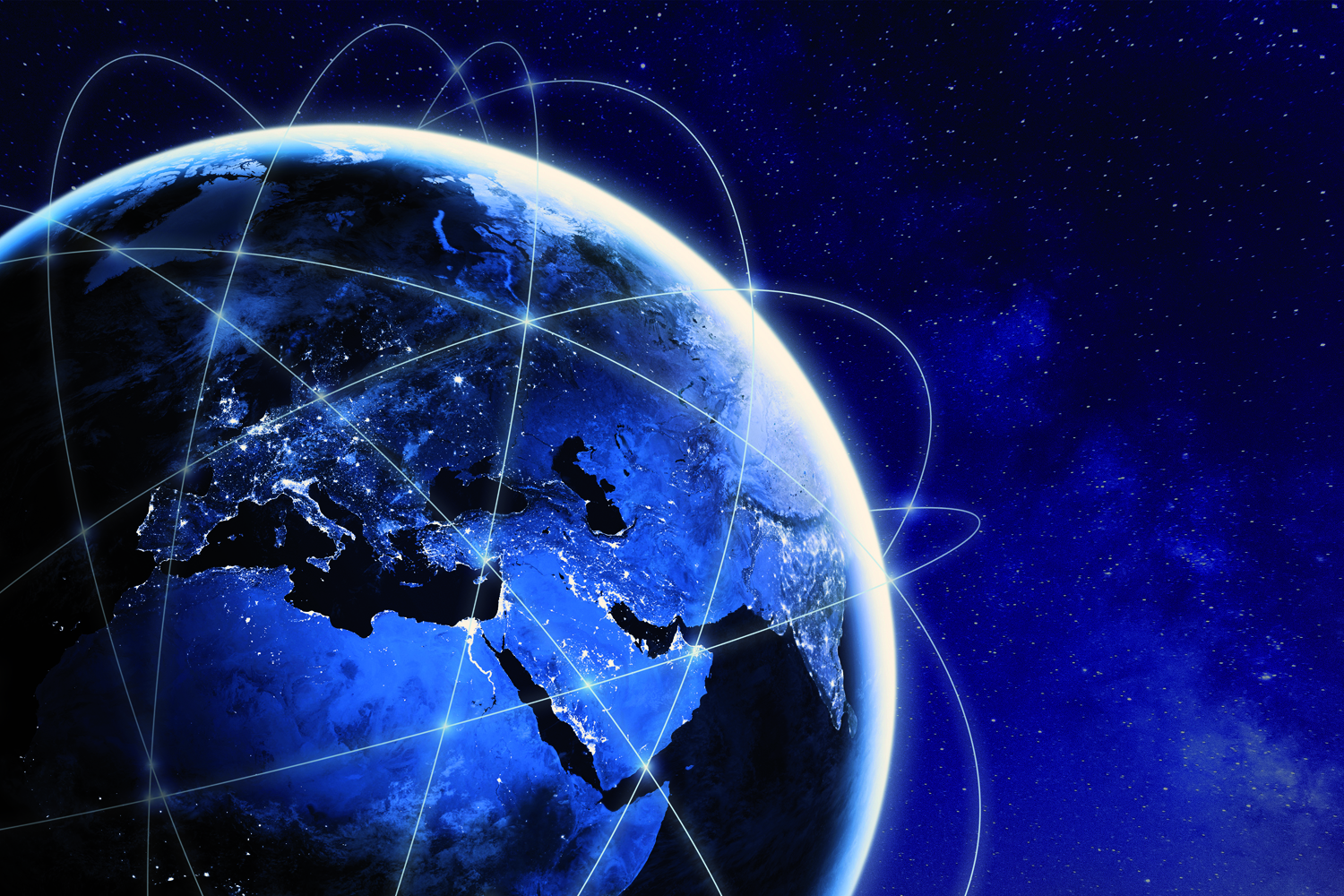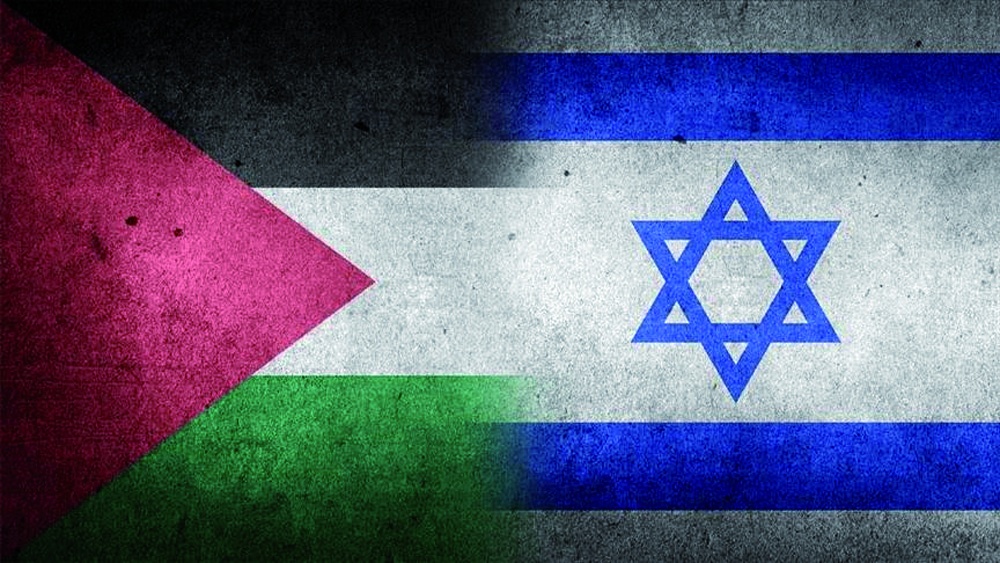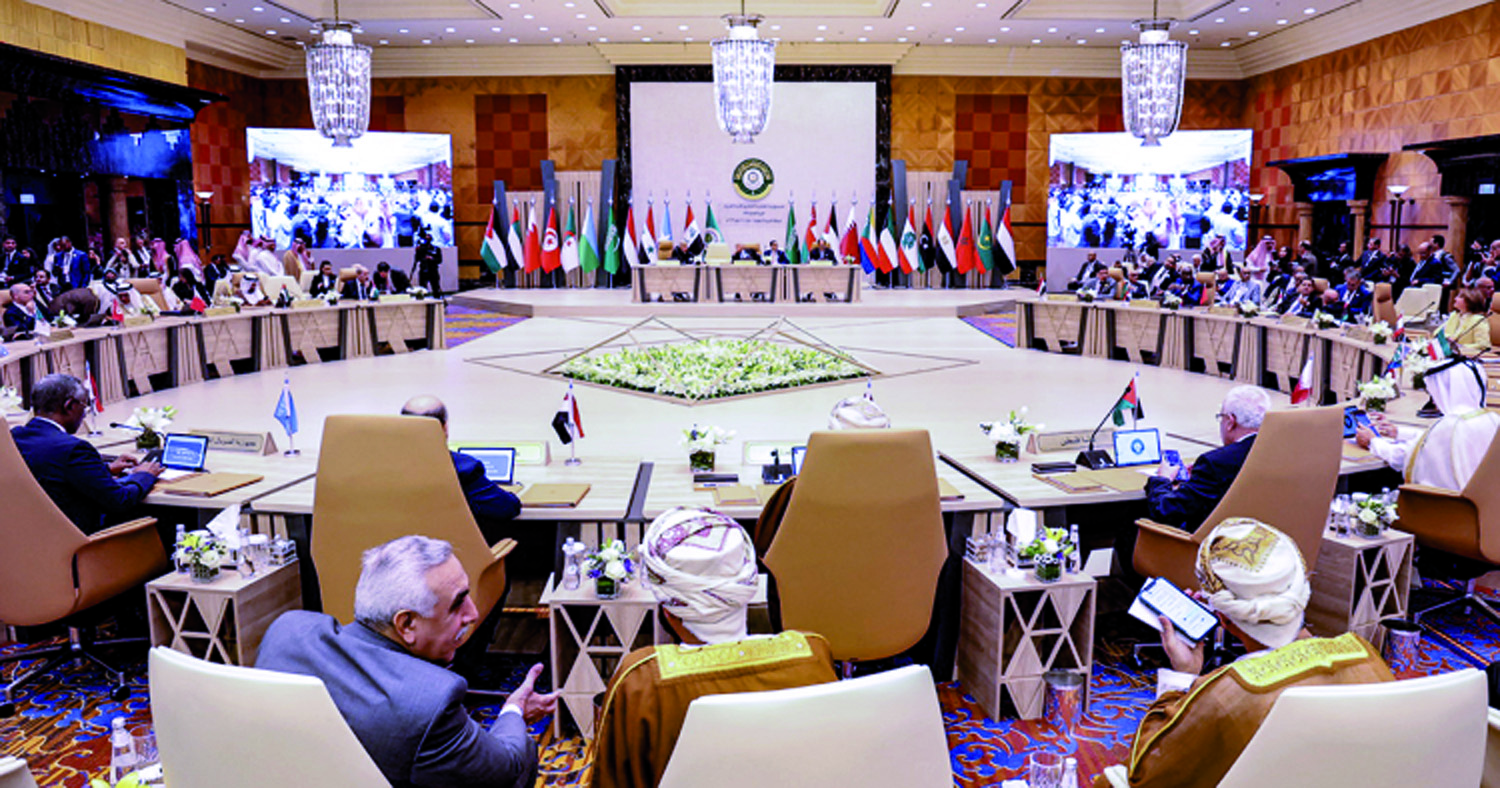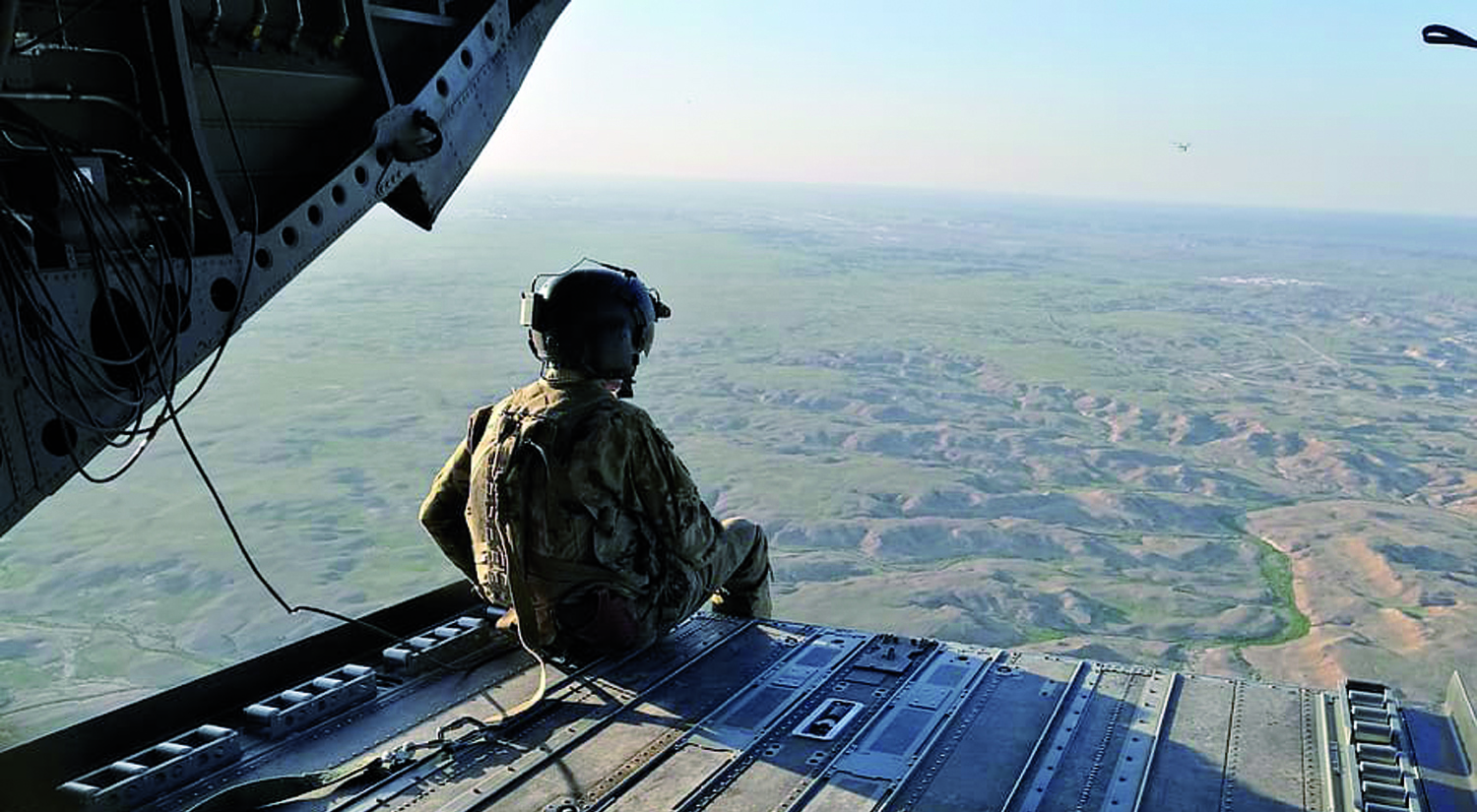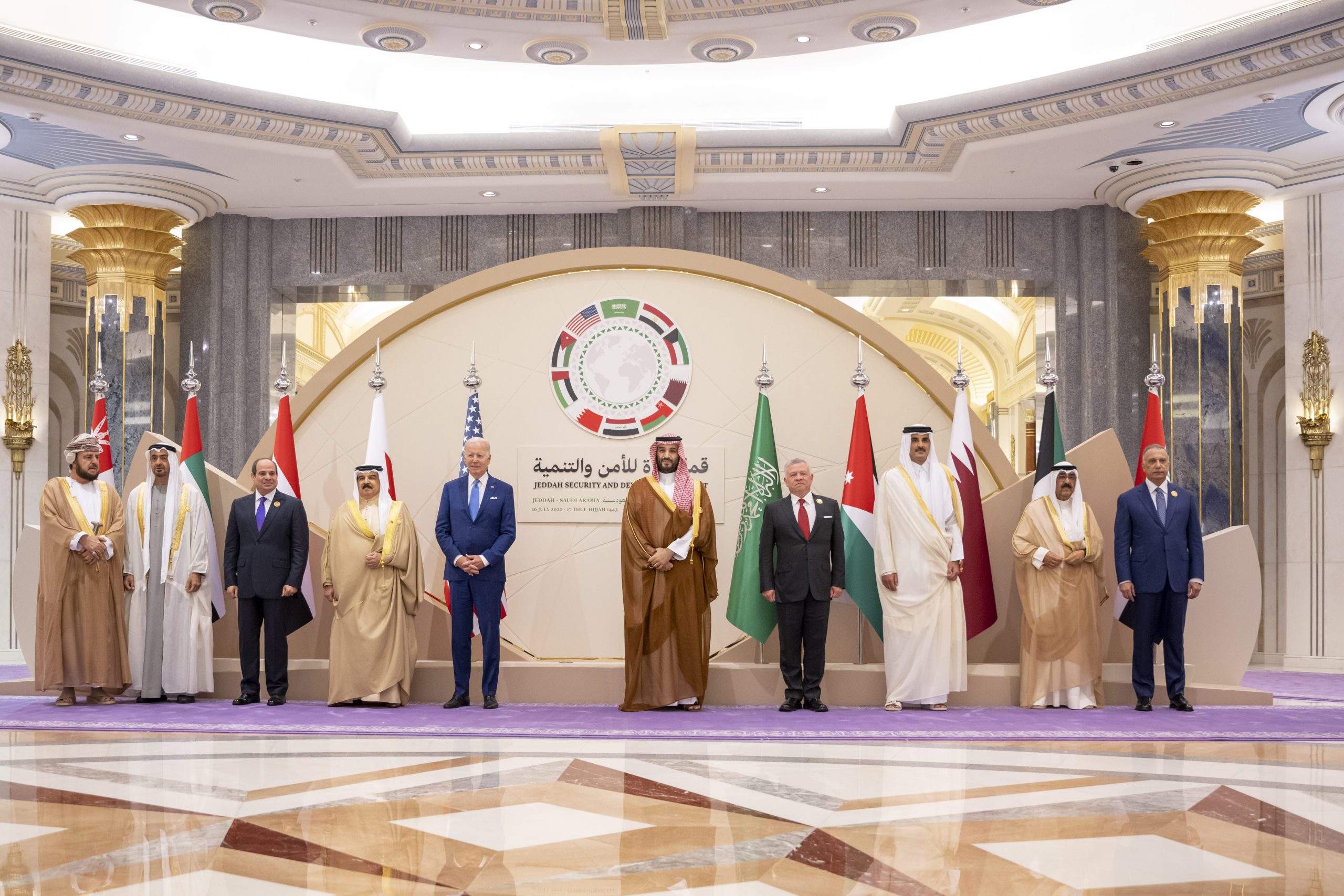Nong Zhu is a professor at Institut National de la Recherche Scientifique (INRS), Canada. He holds a Ph. D. in Economics from International Development Research Center (CERDI), University of Auvergne, France. His research interests include migration, the labour market, poverty and inequality, firm performance and rural development.
Xubei Luo is a Senior Economist in the Strategy and Operations unit of the World Bank’s Development Finance Vice Presidency. She holds a Ph. D. in Economics from International Development Research Center (CERDI), University of Auvergne, France. Her research interests includes macroeconomic policy, poverty and inequality, private sector development, supply chains, the labour market, digital economy, results chains, and monitoring and evaluation.

